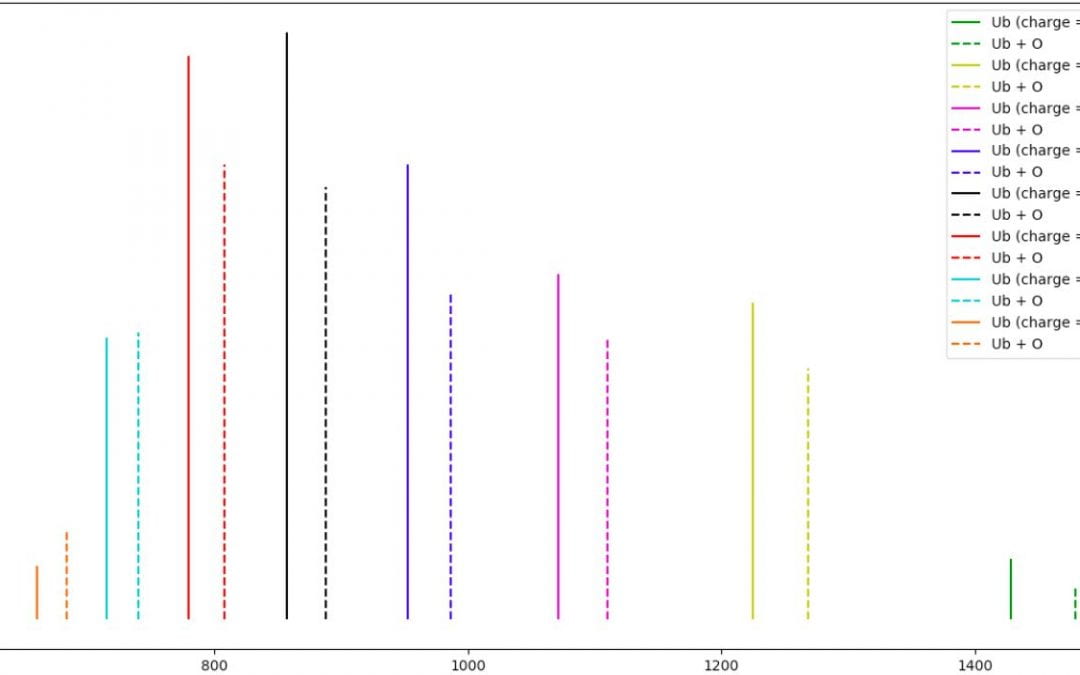Summary
As new mass spectrometry (MS) technologies are rapidly developed to cope with the complexity of biological samples emerging in environmental and biomedical sciences, standard tools for MS analysis fail to exploit the full data potential offered by the new technologies. For example, top-down tandem MS has been extremely useful in studying metal-protein interactions and relevant for development of anti-cancer metal-based drugs. Manual identification of binding sites of metal-based drugs is extremely difficult, prone to error, and often only the most intense peaks get assigned. Nevertheless, it is the common approach in absence of effective automated methods for the given problem.
New computational methods are therefore needed and machine learning ML algorithms would be particular valuable to cope with the complexity, noise and volume of MS data. More specifically, the overall problem resembles challenges in ML for time series analysis. You will investigate the use of time series data analysis techniques to match and identify specific peak patterns in MS data.
Duration and Type
- 12 week summer scholarship in the New Zealand Summer 2021/2022
Requirements
- At least basic skills in statistics, data mining and data visualisation; Intermediate level programming skills in Python.
Supervisor and contact
- Katerina Taskova and Joerg Wicker
- Send CV and transcript by mail to Katerina Taskova

